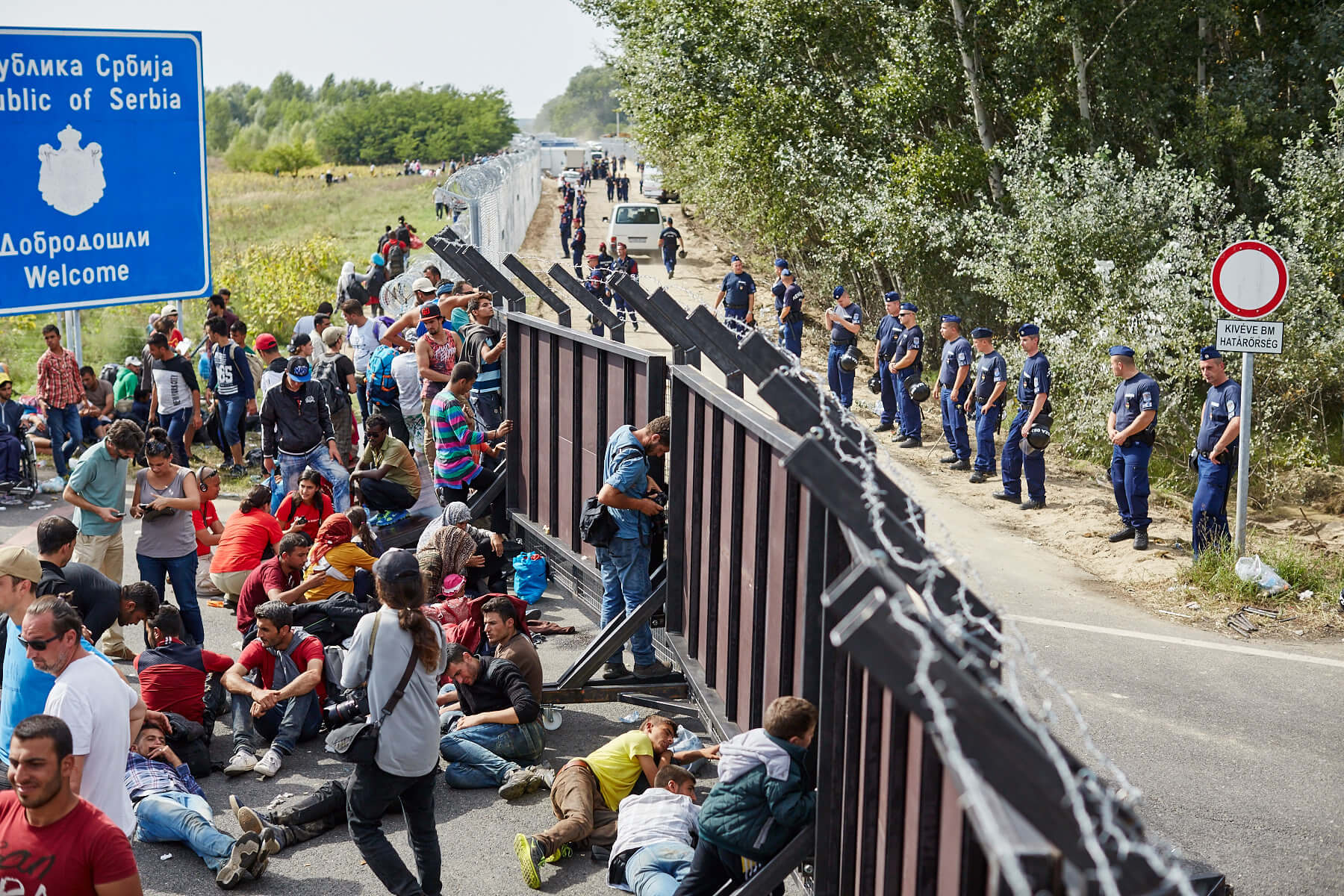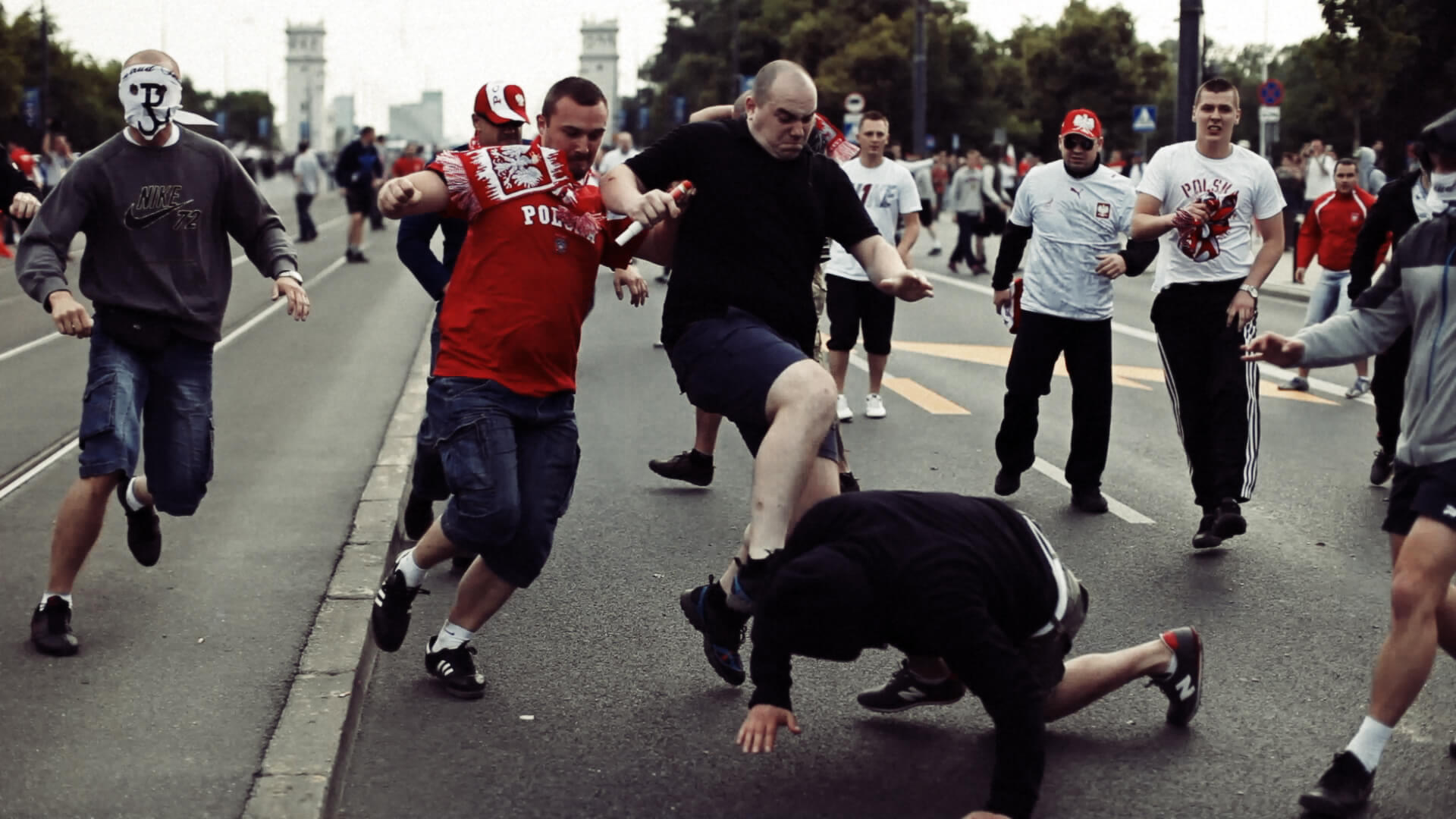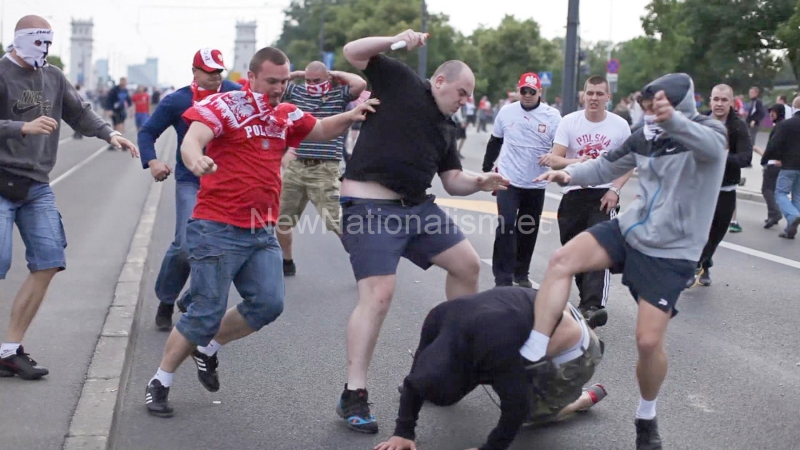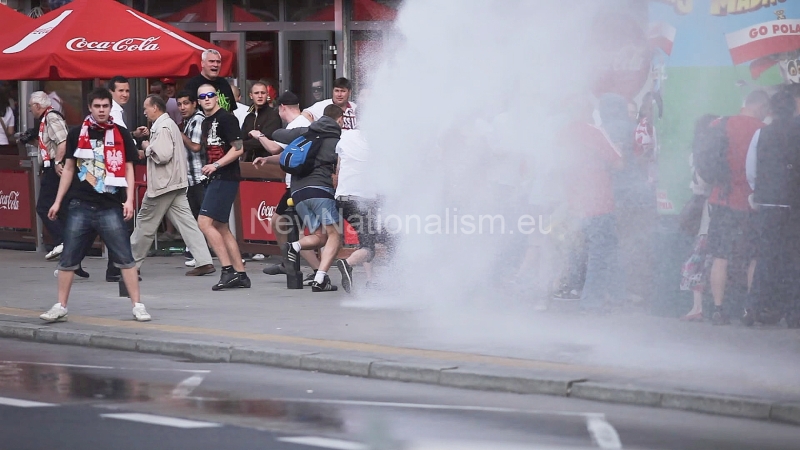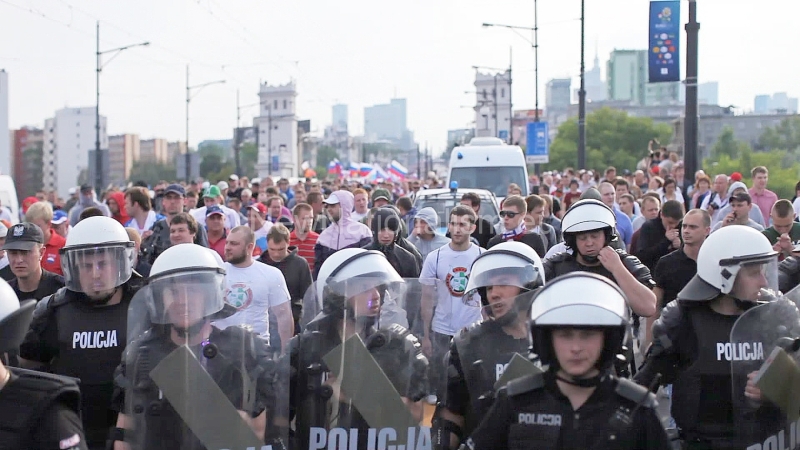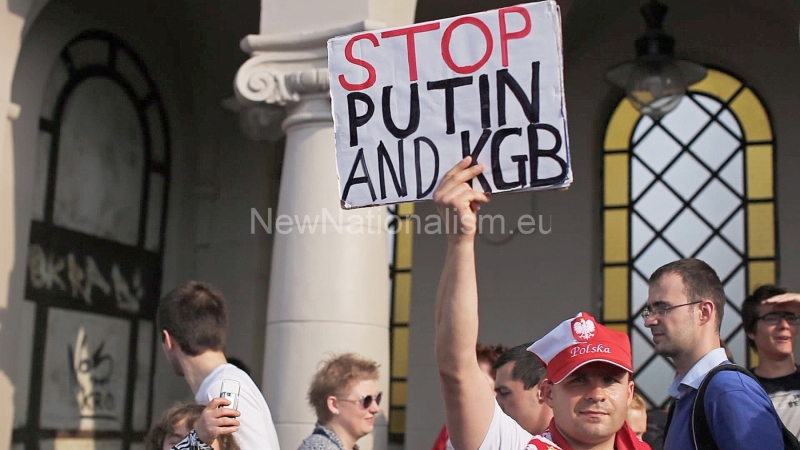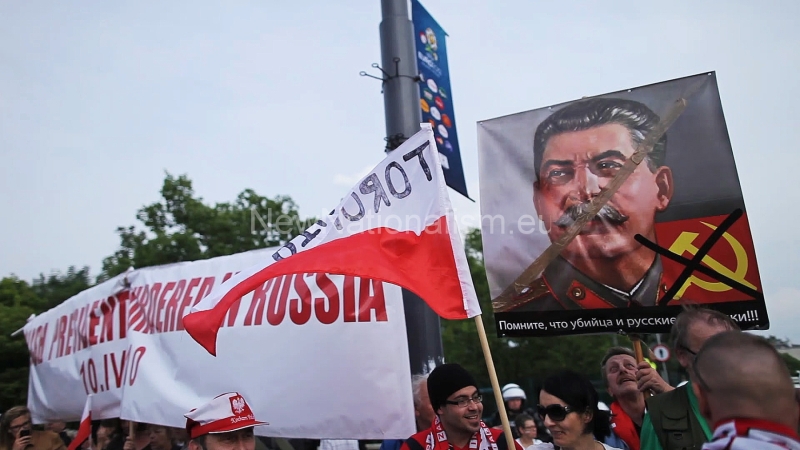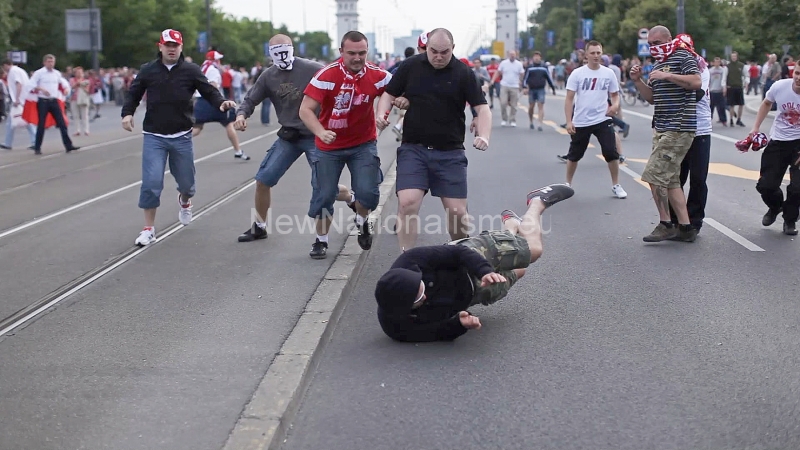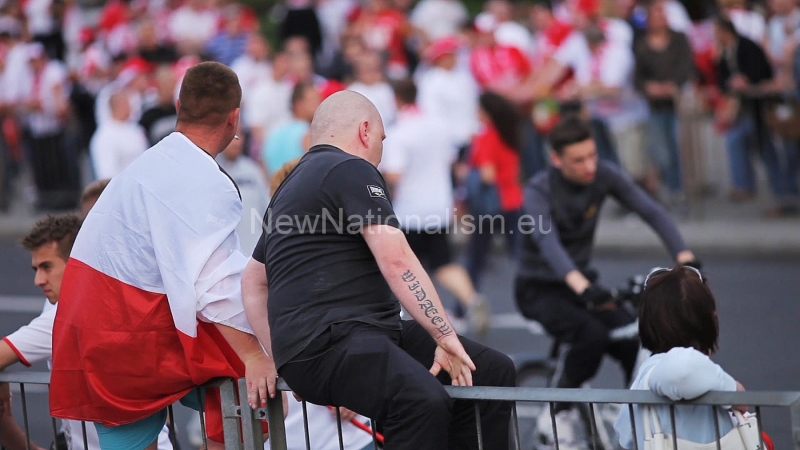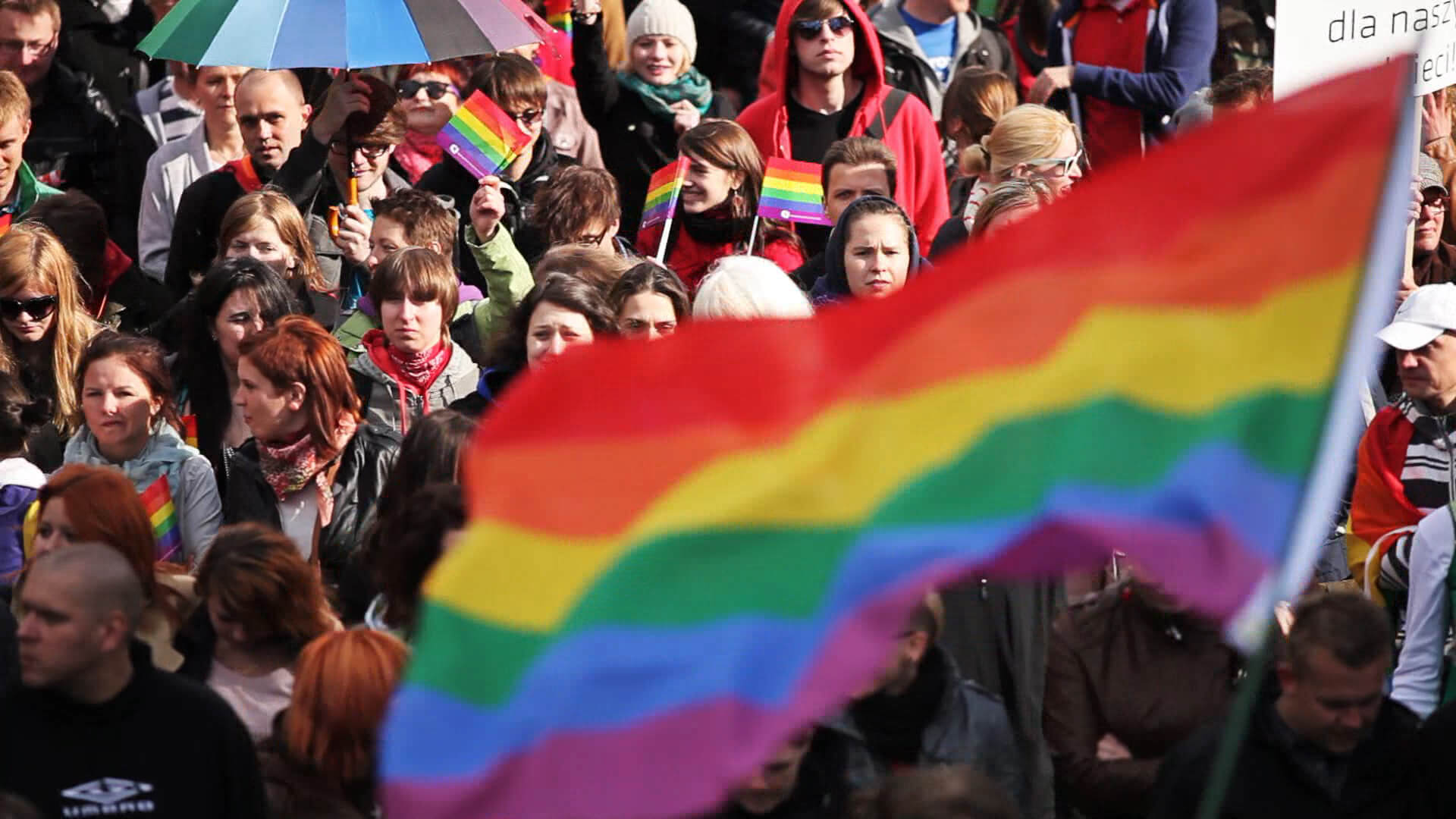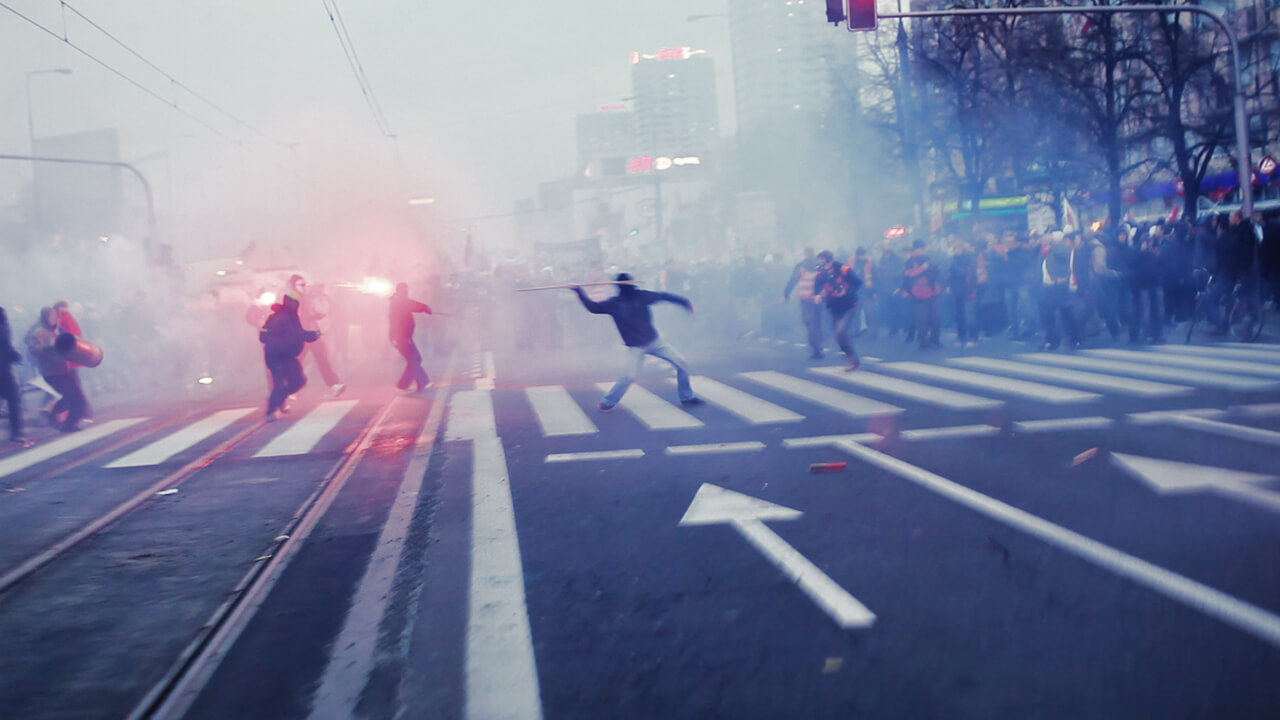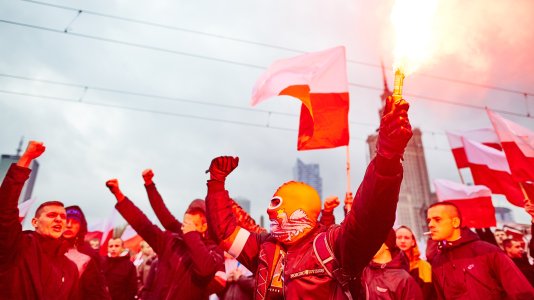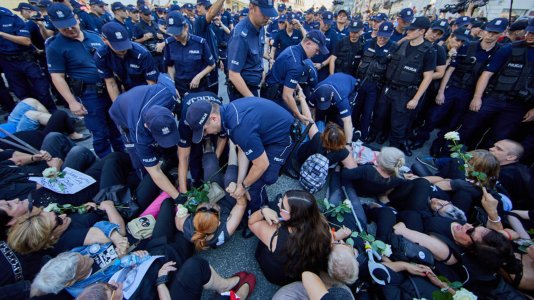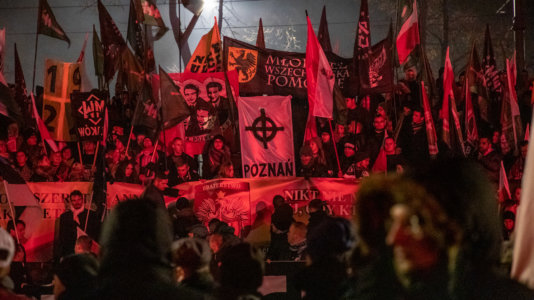The match between Poland and Russia was a highly anticipated event during the Euro 2012 tournament. The two countries have a long and complicated history, with tensions between them dating back centuries. This history, coupled with the presence of violent fans on both sides, made the match a potential security risk.
The authorities in Warsaw were well aware of the risks posed by the match and had taken measures to ensure the safety of fans and residents. Nearly 6,000 police officers were deployed throughout the city, and security measures were in place at the National Stadium, where the match was held. Despite these precautions, there were still incidents of violence and disorder.
Before the match, Polish and Russian fans clashed in the streets near the stadium. Police used tear gas, water cannons, rubber bullets, and pepper spray to control the crowds, and dozens of fans were detained. The atmosphere was tense, with both sides hurling insults and objects at each other.
During the match, tensions remained high. The Russian fans unfurled a giant flag emblazoned with a sword-wielding warrior and the words “This is Russia.” The Polish fans responded by booing and jeering the Russian national anthem. The match ended in a 1-1 draw, which was celebrated by the Polish fans, who saw it as a victory over their historic rivals.
After the match, there were fears of further violence, but these did not materialize. The Polish fans celebrated their team’s performance, while the Russian fans quietly left the stadium. The police continued to maintain a heavy presence in the city, but there were no major incidents reported.
The match between Poland and Russia was a reminder of the complex history and tensions between these two countries. It was also a reminder of the potential for violence when passionate fans clash. The authorities in Warsaw did their best to ensure the safety of fans and residents, but the events of that day were a stark reminder of the challenges faced by cities hosting major sporting events.















